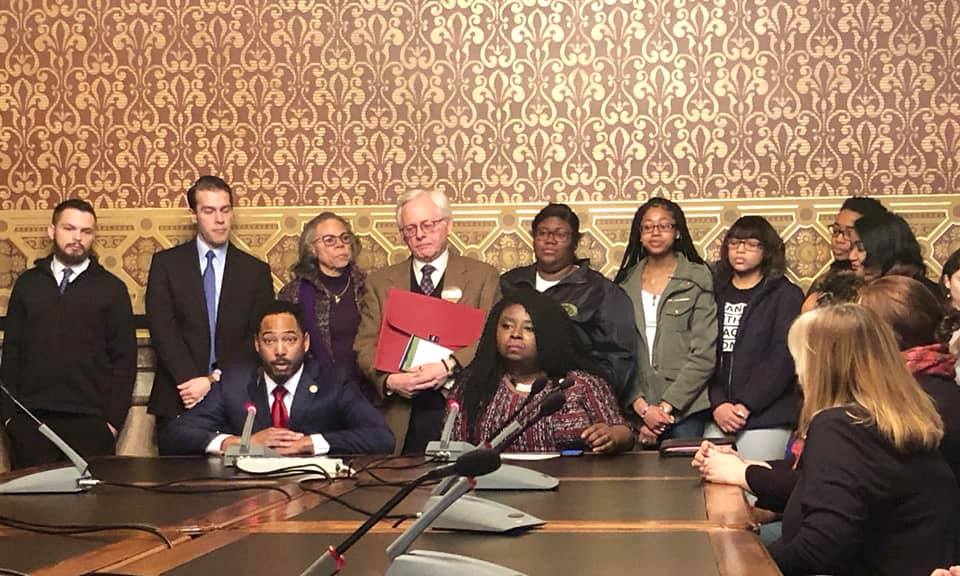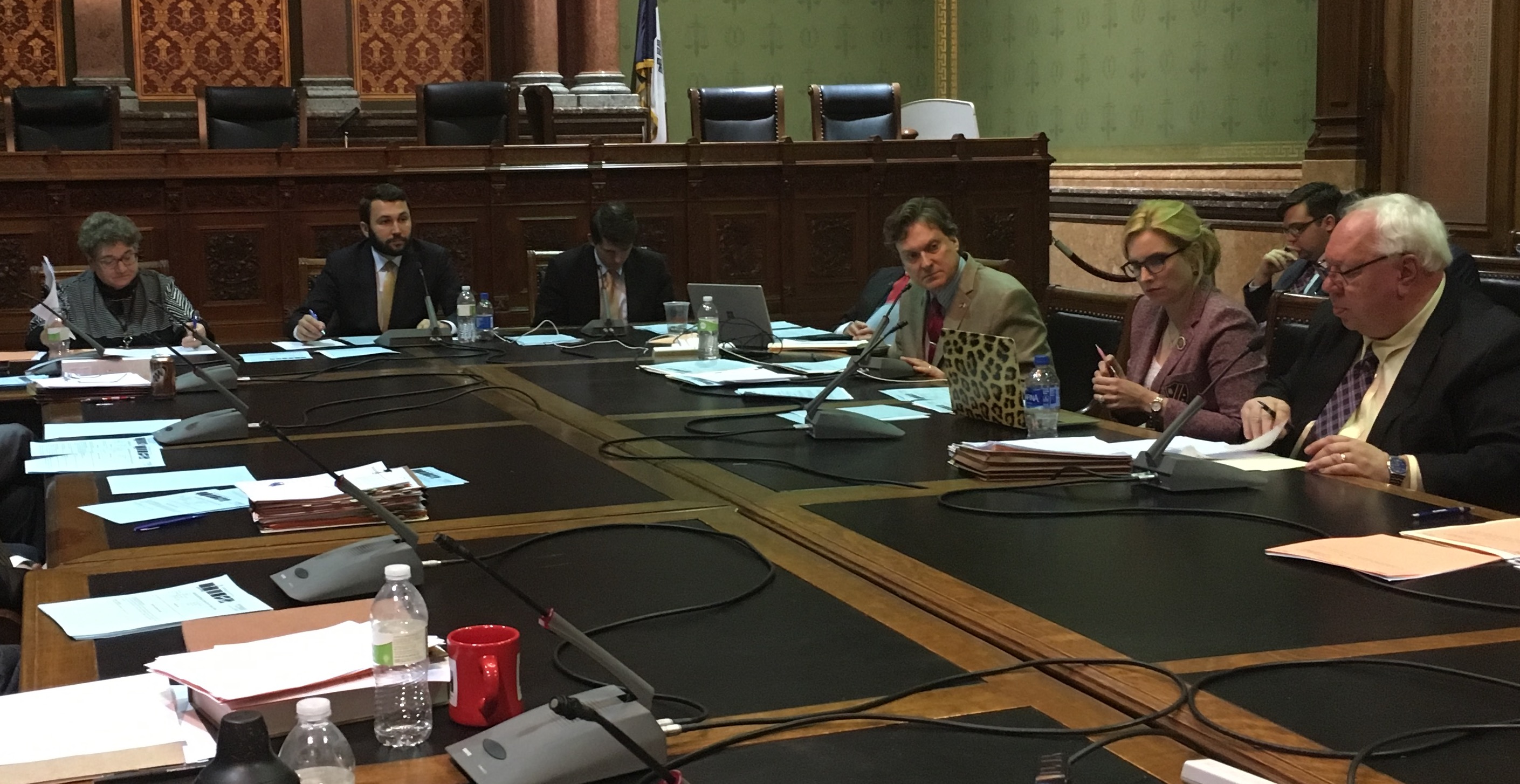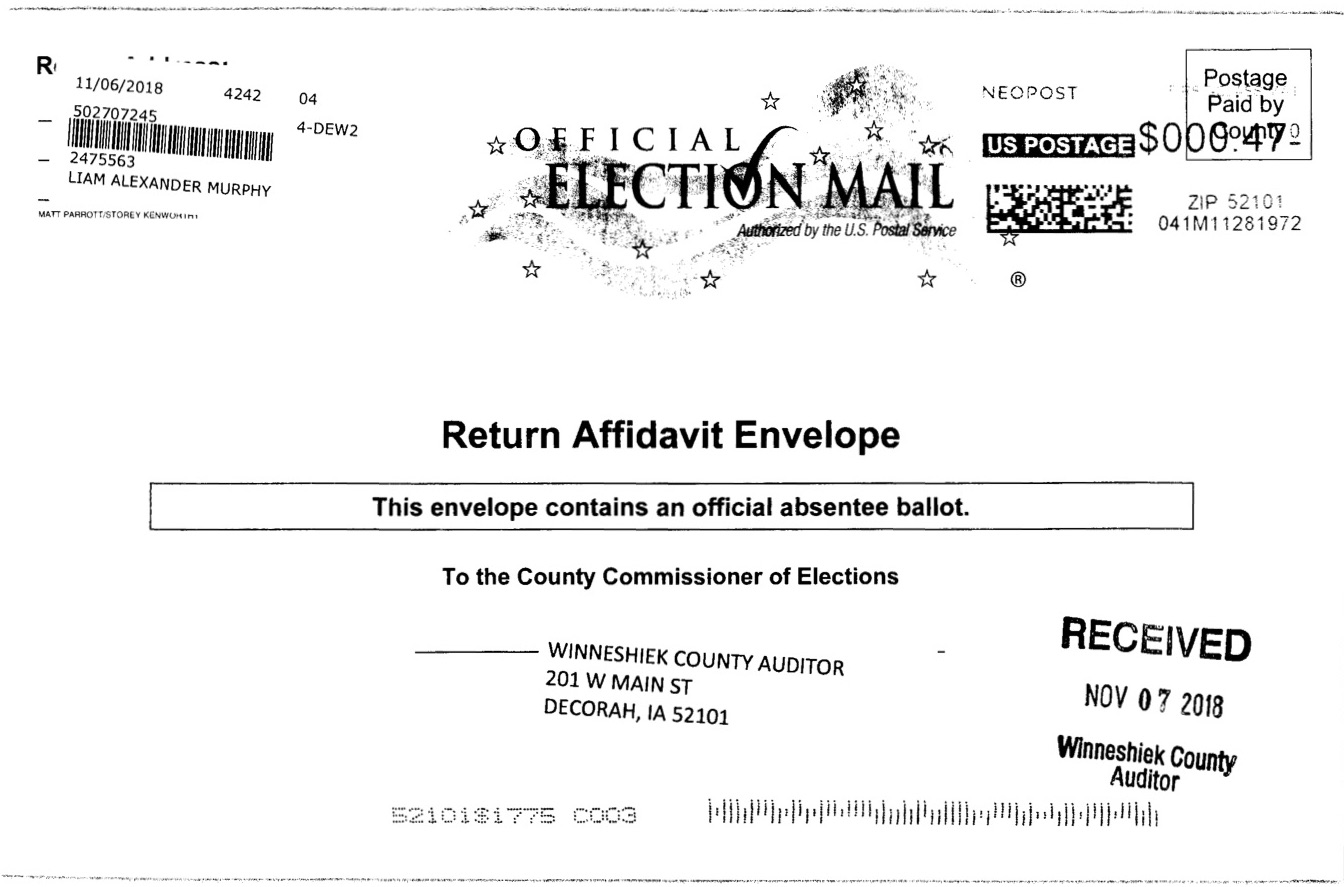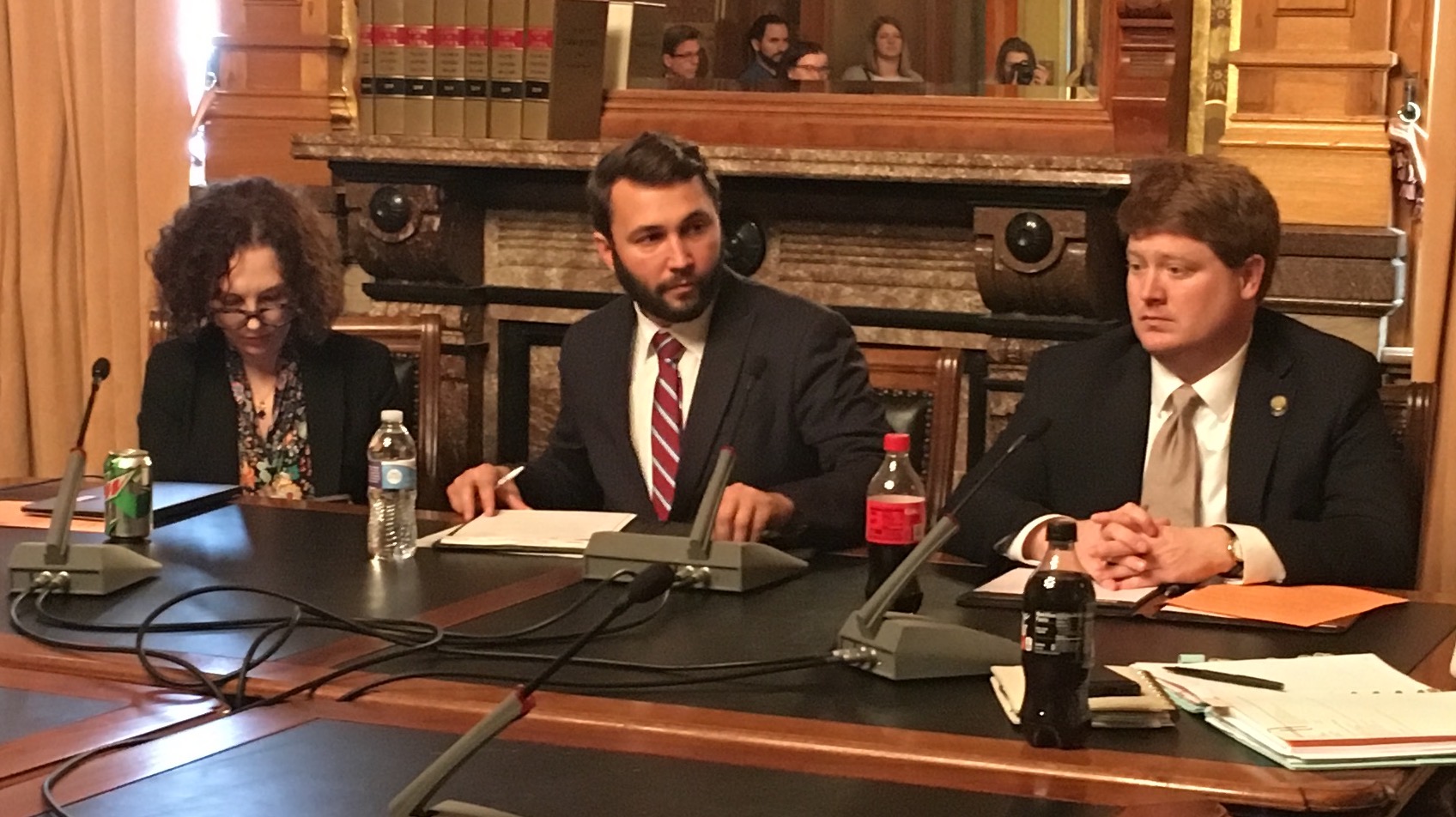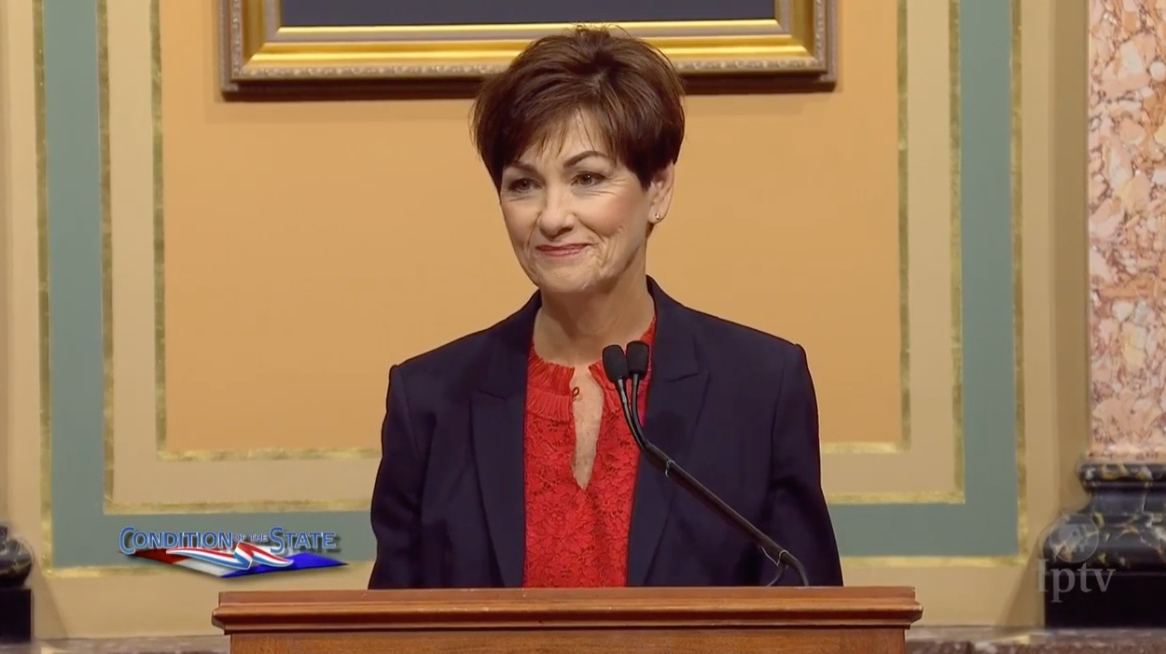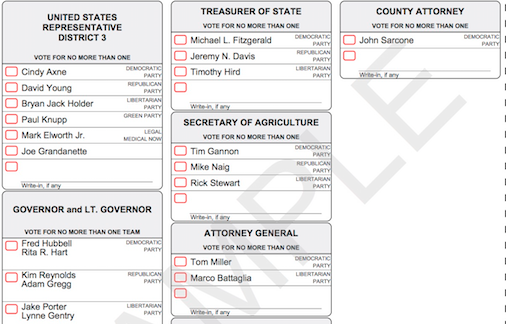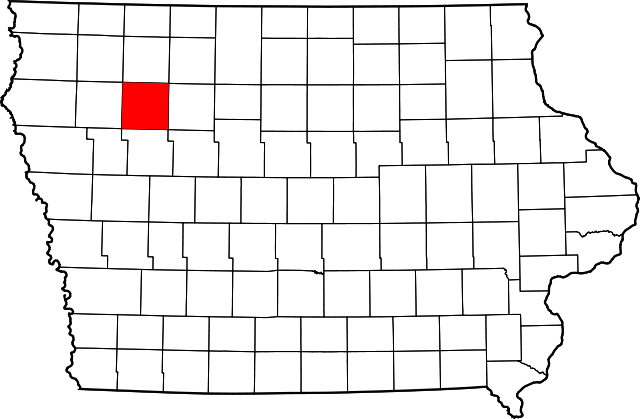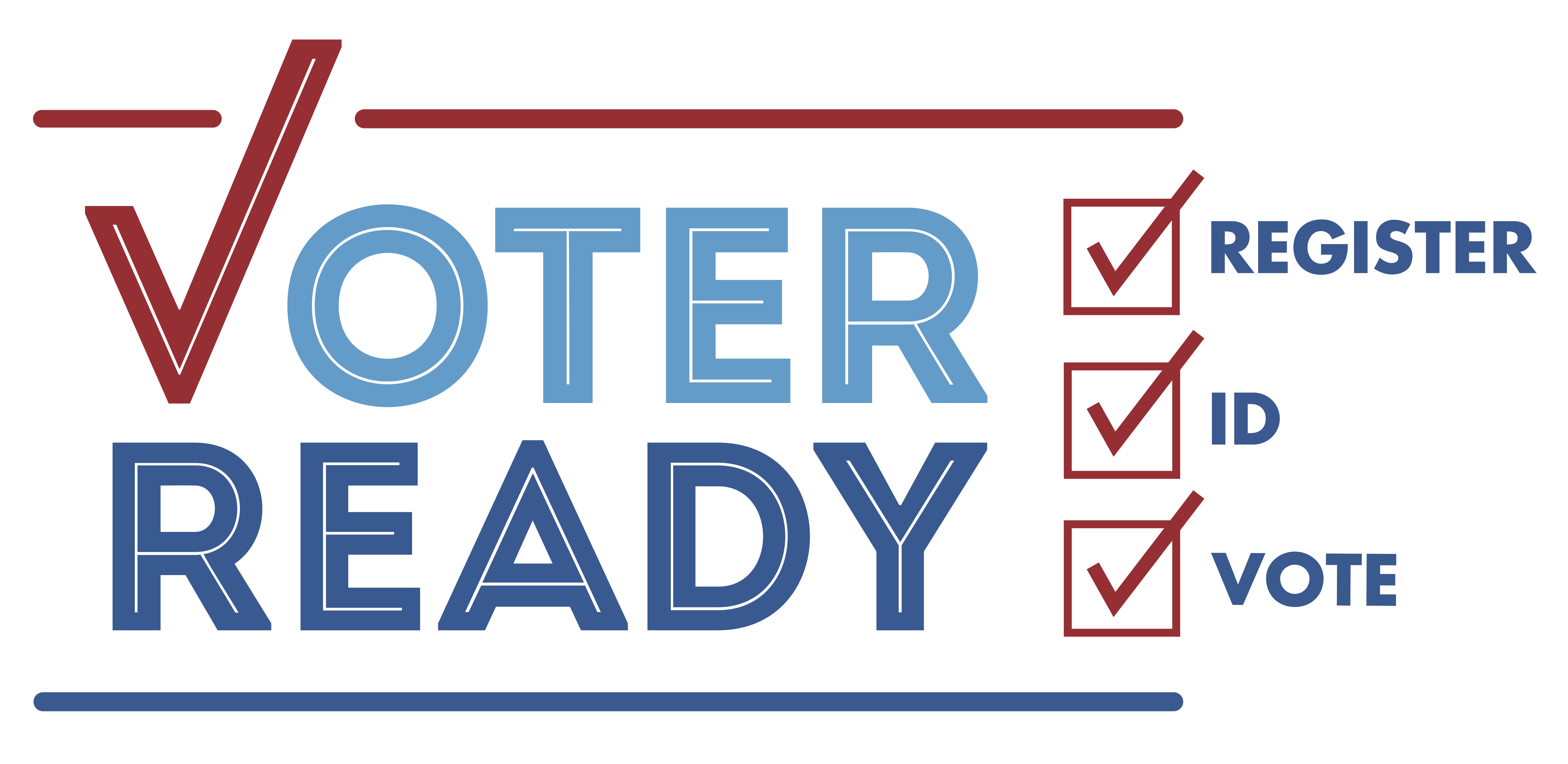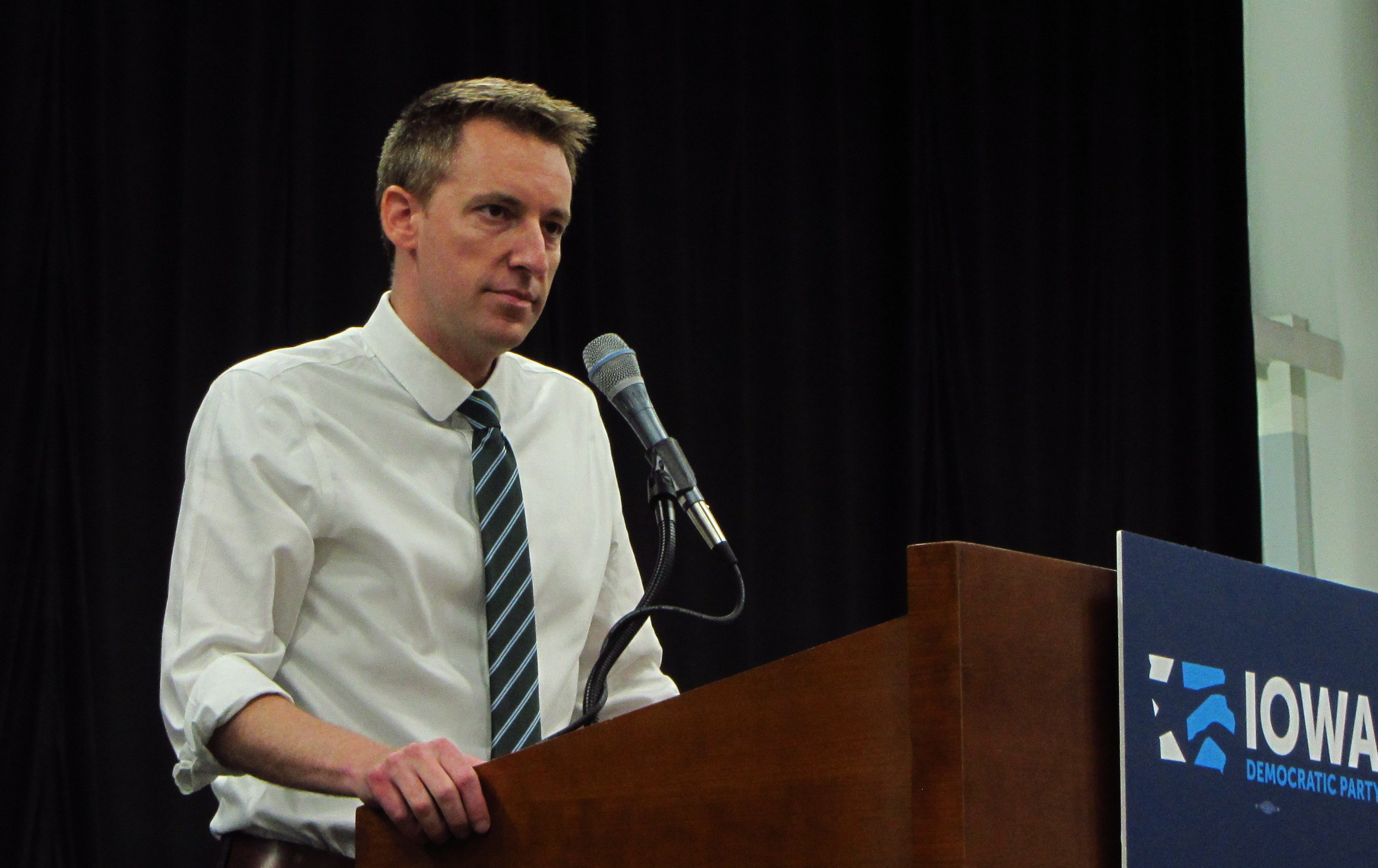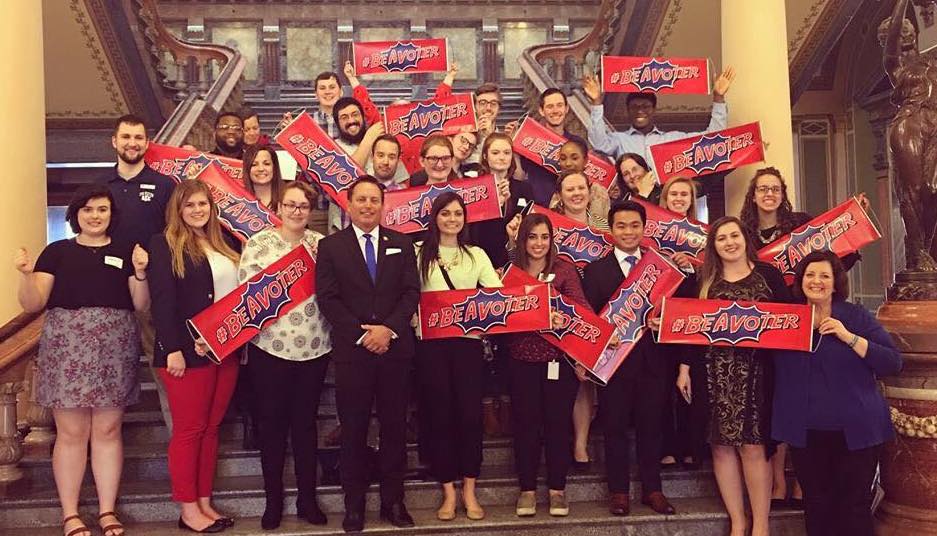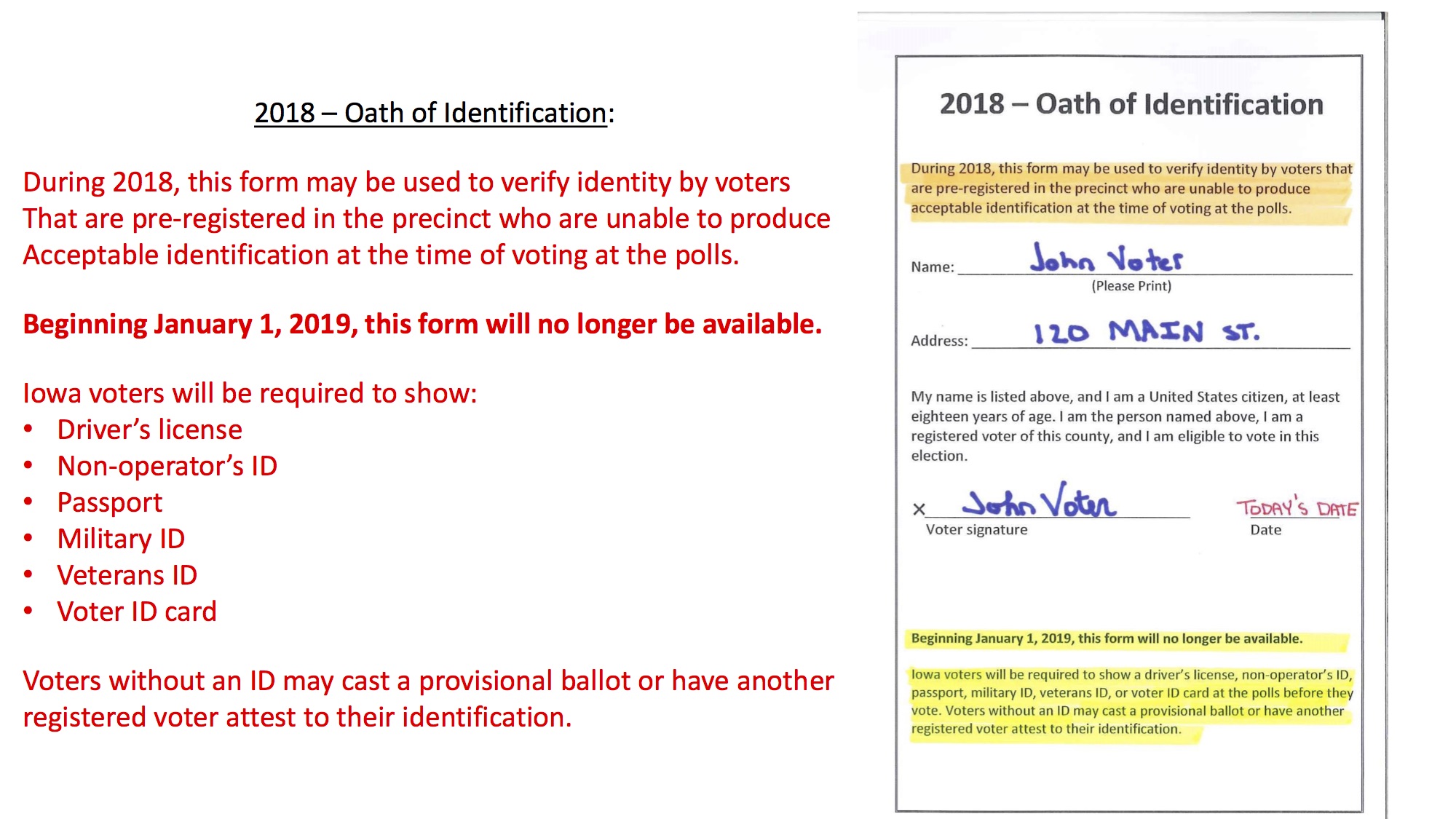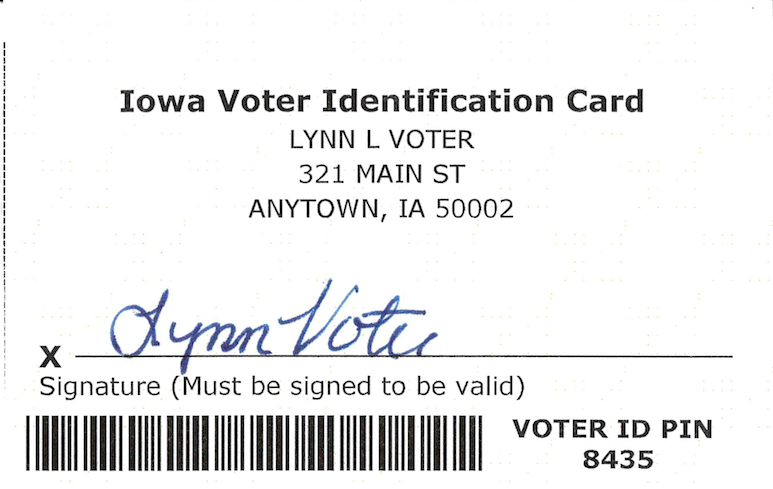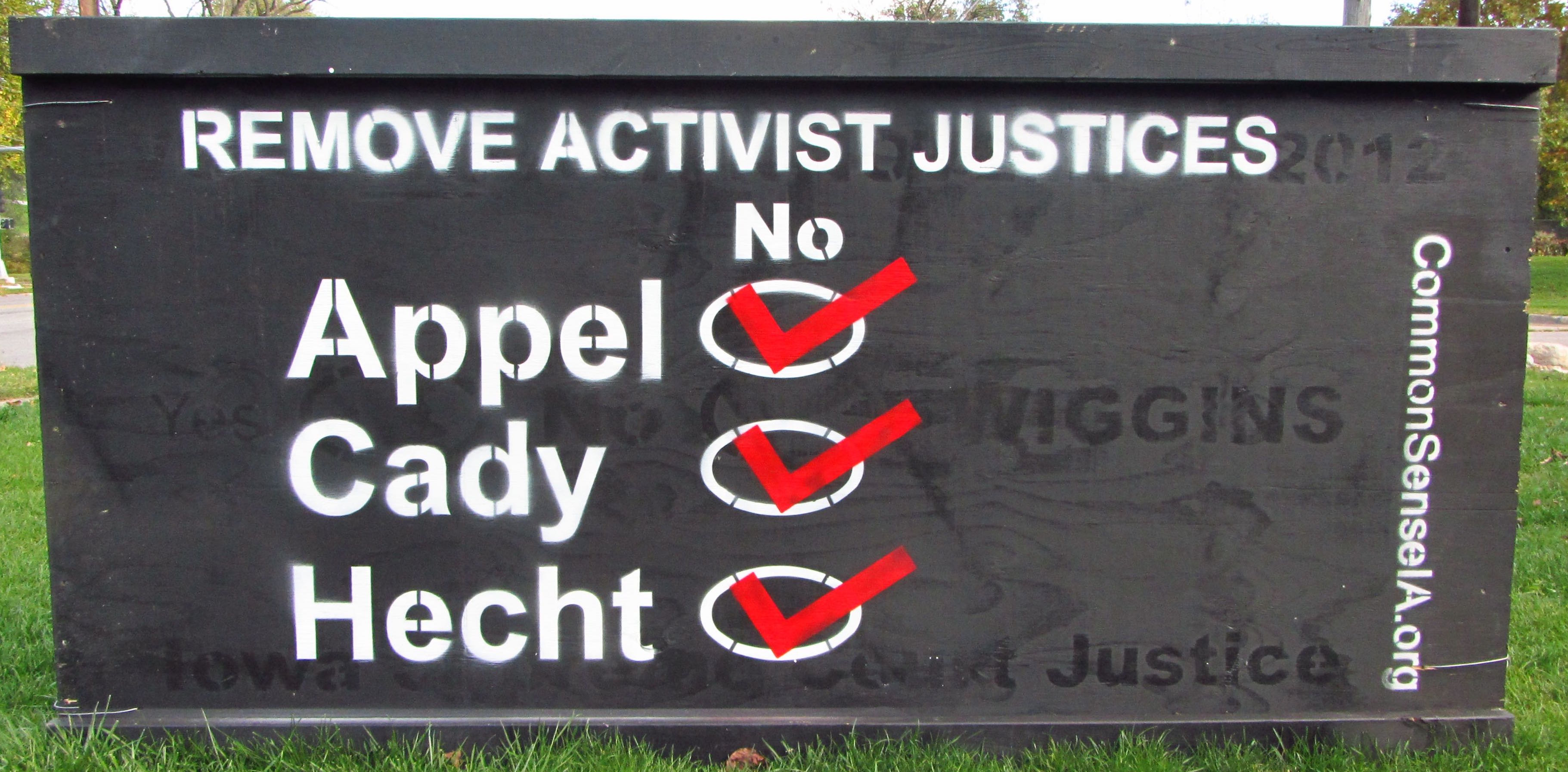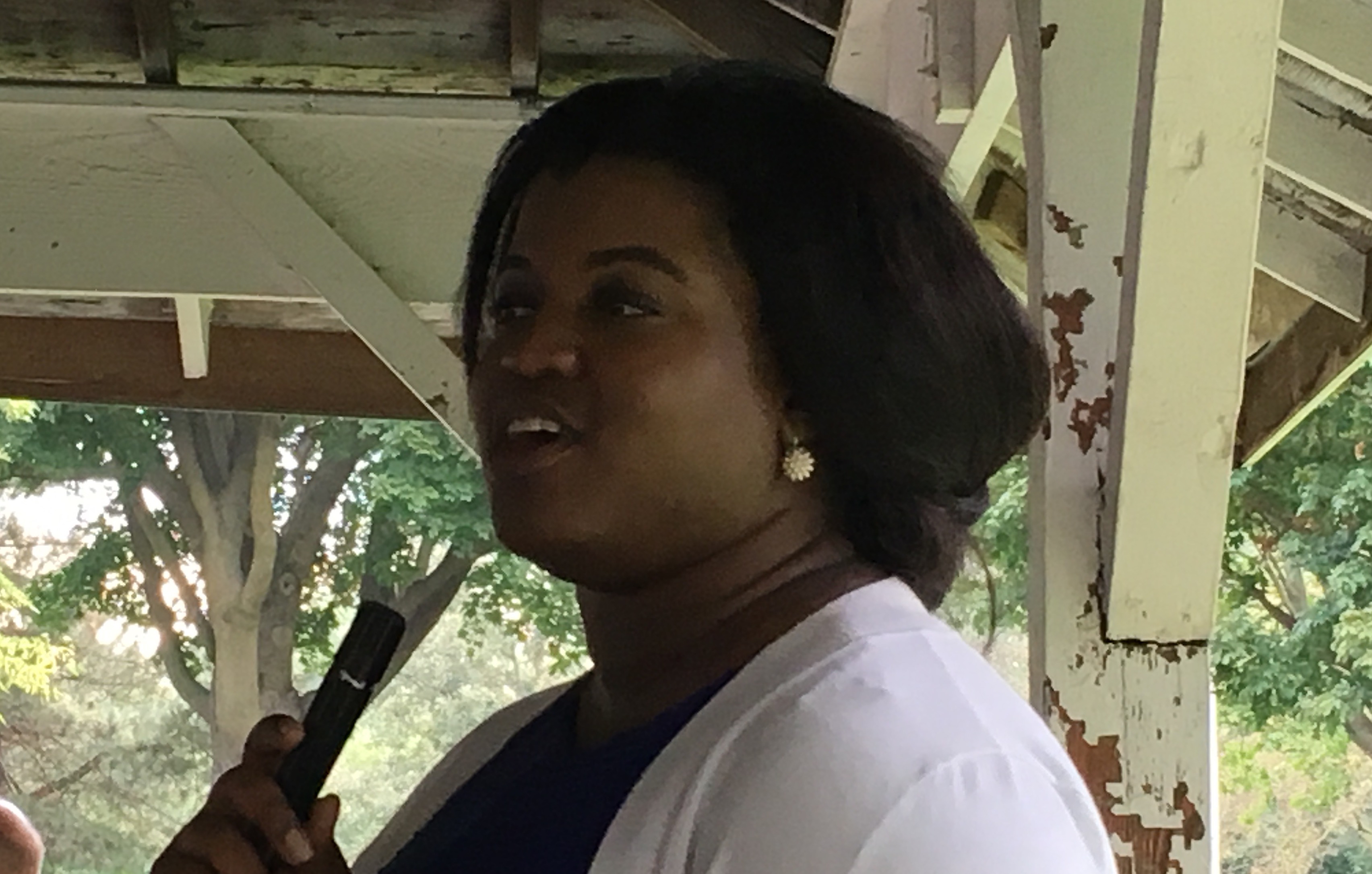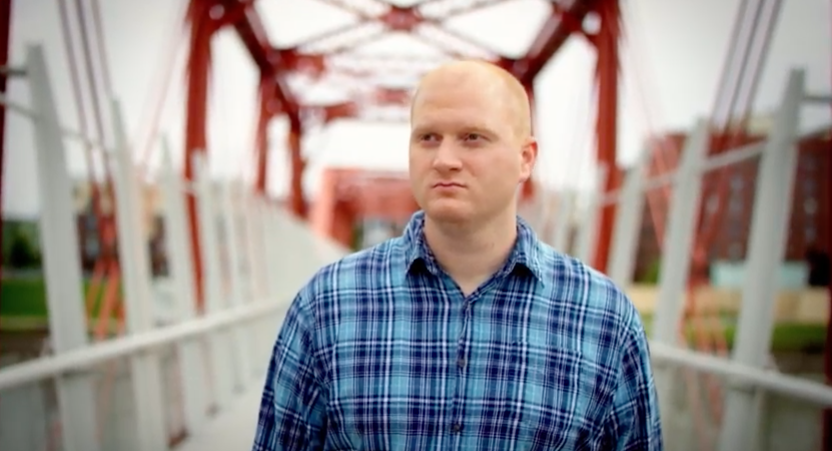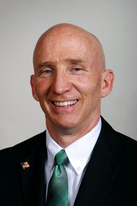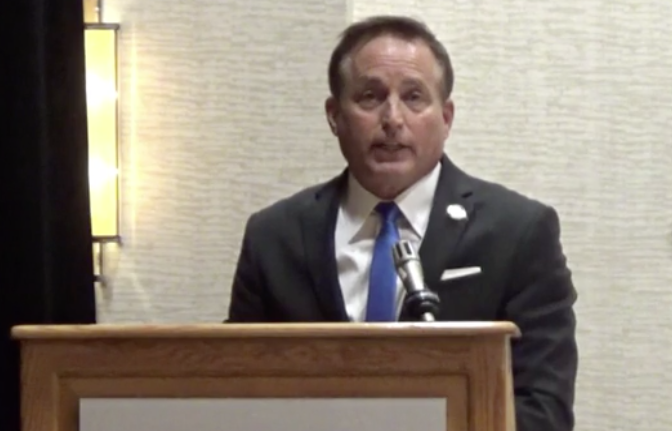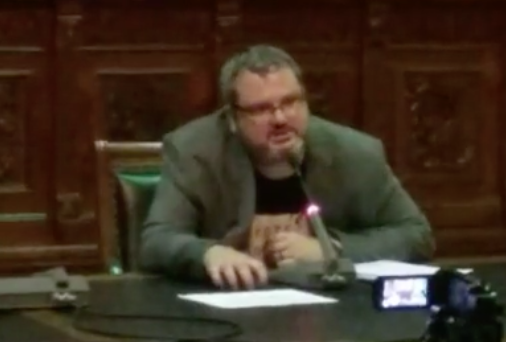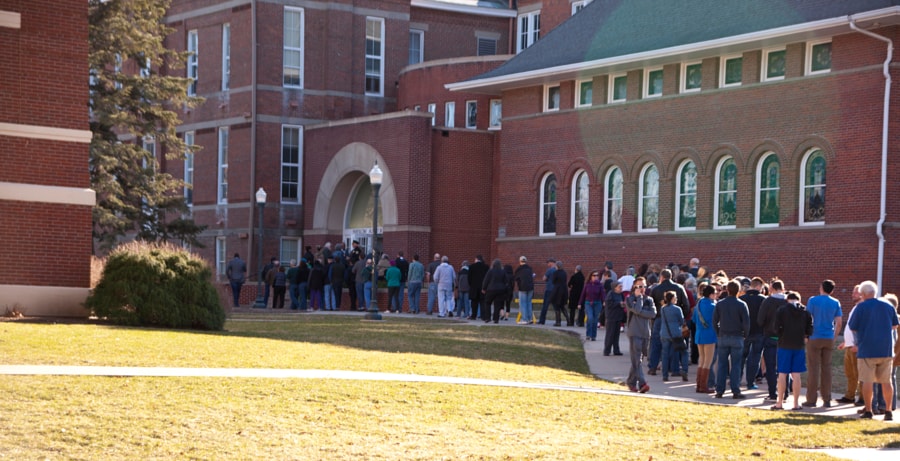Matt Chapman covers yesterday’s Iowa Senate debate on the voter suppression bill. John Deeth explained the key points of a Republican amendment changing that bill in several important ways. -promoted by desmoinesdem
On Thursday the Senate passed along party lines the controversial voter ID bill, House File 516, and sent it to the House for approval.
Forget about Democratic amendments to accept other forms of ID such as Social Security, Medicaid or Medicare cards. Republicans voted that down.
Forget about the amendment that would restore the early voting window to the current 40 days instead of 29 days. Republicans voted that down.
Forget about the amendment that would remove the need for signatures to be examined by poll workers, which will reduce access to the polls by creating long lines and the potential for biased decision making by poll workers.
And forget about the provision that would allow two persons in the booth, since we only print ballots in English, and non-native speakers may need help understanding the ballot.
And forget about the claim that provisional ballots will be provided if you have no ID. You will have 48 hours to show up at your auditor’s office with a photo ID anyway.
And forget about the fact that the education and contacting of eligible voters is woefully underfunded.
But don’t forget about Senator Nate Boulton’s comments during closing arguments, or those of other senators disgusted by social injustice. (You should go to the archived footage and watch.)
All you need to know about the validity of the reasoning behind this bill is to listen, read or watch the closing arguments by the bill’s (I won’t say author because I think we all know who wrote this) floor manager, Senator Roby Smith.
Continue Reading...

